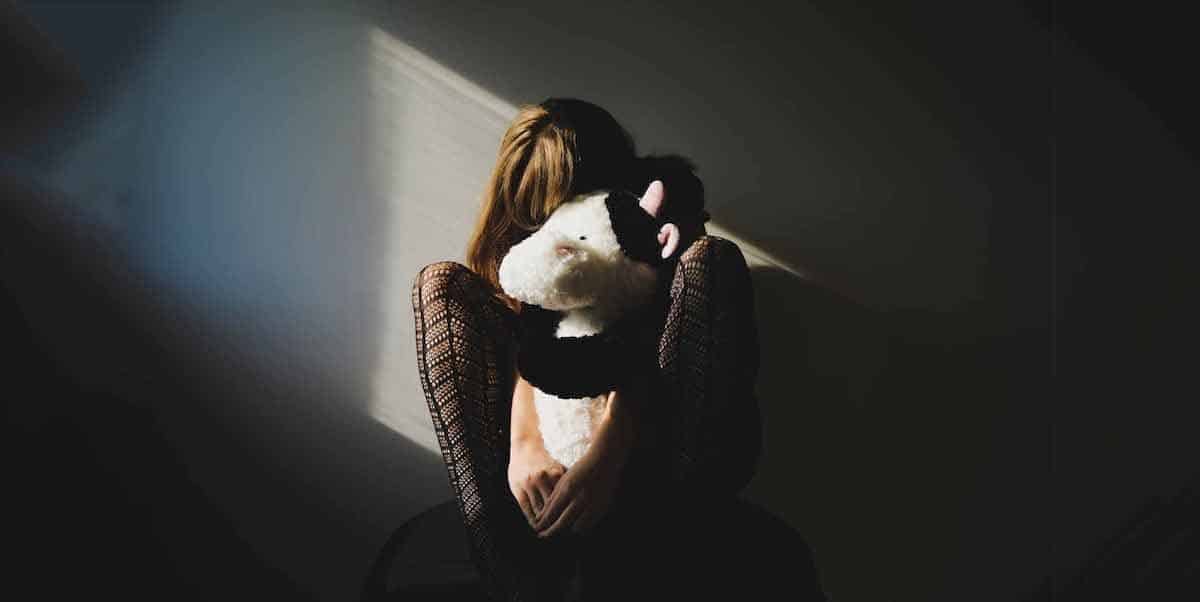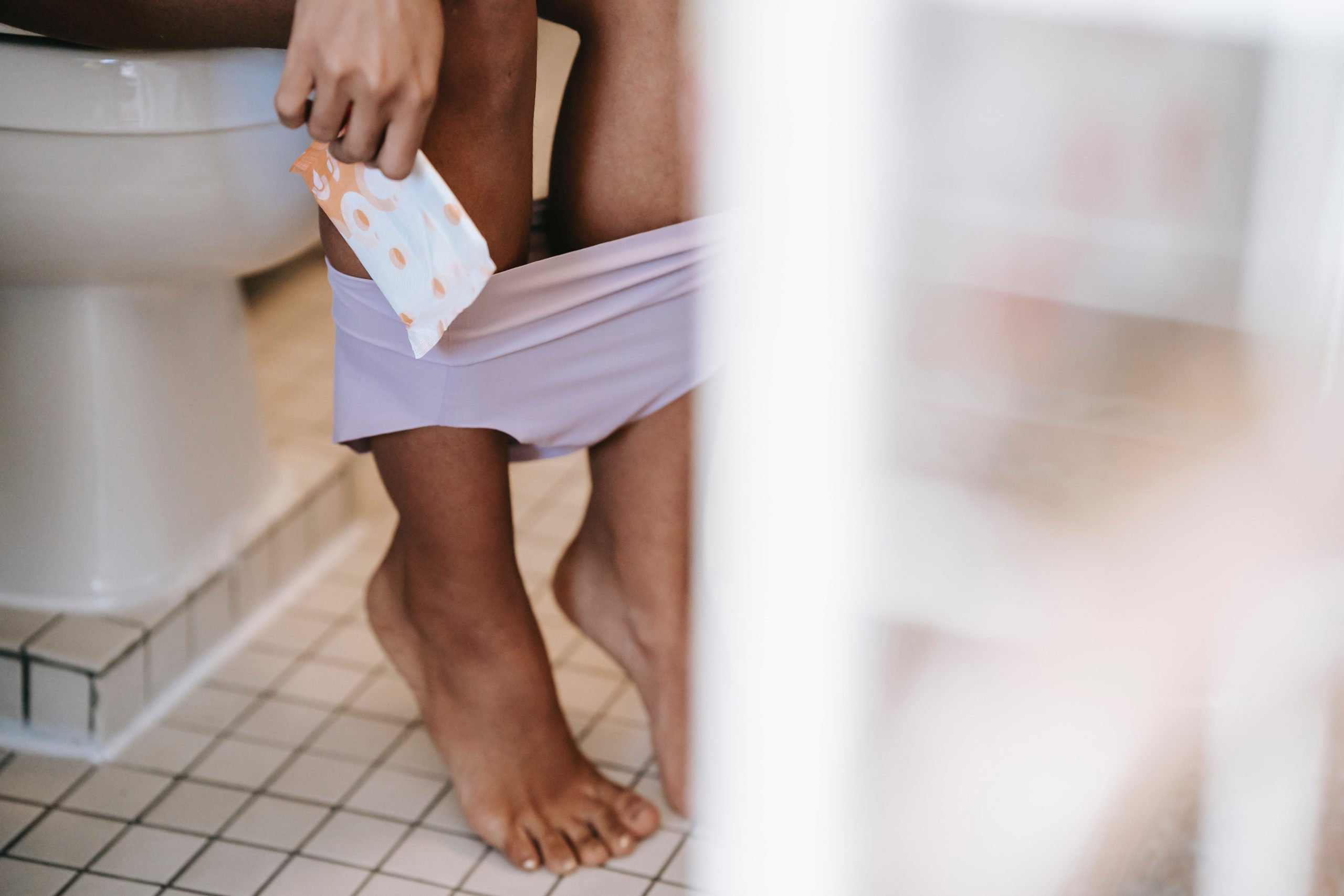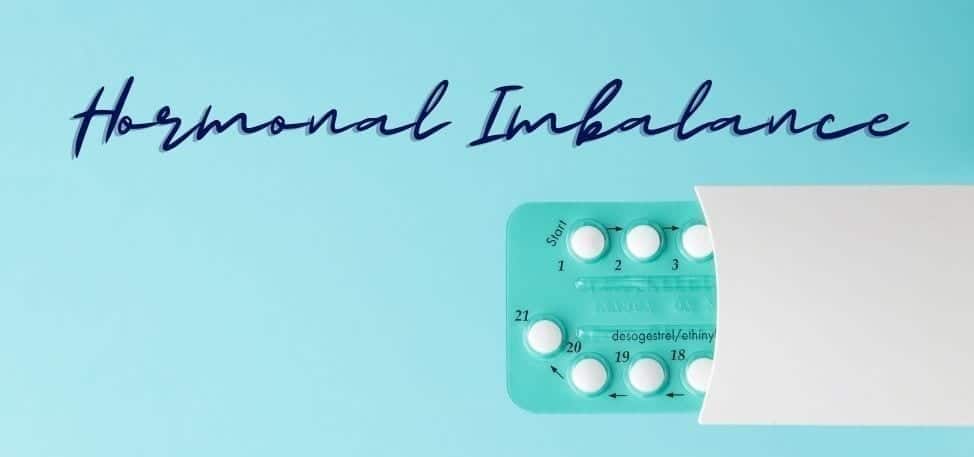Home > Emotional wellbeing > Mental health > What Is Your Inner Child and Why Is It Important that it is healed?


We’ve all been told to take care of ourselves, our physical and mental health, our wellbeing, and everything in between. But, one important thing we need to care about is something that few of us recognize to be there. We all have an inner child. In psychology, the inner child refers to the childlike aspect of our personalities. Semi-independent of our conscious mind, we all still have our child-like selves within us. Freud believed that any mental or emotional issues we might face in our life are related to this unconscious side of ourselves, which he strongly linked to childhood.
In other words, our behavioral, emotional, and relationship difficulties likely stem from this inner child. Its primal needs of love, acceptance, protection, understating, and nurturing, are what we still need as adults. Though how many amongst us actually would admit as much?
The feeling, I suppose, you get when you have an awful day and just want your mum’s help. A hug from your gran when you’re ill or calling your dad when you have any problems. Because all of us, from time to time, need someone to come help us and love us.
However, these feelings are avoided by lots of people. Who wants to seem childish? Clinging to that part of themselves that was pushed aside as we grew up, ignored for phone bills and olives.
“The most sophisticated people I know – inside they are all children.” – Jim Henson
The theory in psychology is that the inner child is a repository for all the hurt, betrayal, or trauma from our childhoods. These affect us as adults, and that healing these past hurts is essential for psychological growth.
The inner child “is a part of an adult character that behaves like a child and is in contrast to how a logical adult would behave or react or even feel.” We hold onto our emotions and memories, good and bad, and develop defense mechanisms to deal with the trauma that still exists for us. “The power of it is often underestimated, and the consequences can at times cost bonding and intimate relationships.”
Working through these memories and hurt gives the child a chance to understand and analyze what happened. If you think you have a wounded inner child, never be scared to ask for help. From therapy to free resources, it’s not hard to heal.
“Some people think ignoring their inner child makes them seem grown-up. When I see someone ignoring a crying child, I think they’re an asshole” – Jay Bell
The first step in healing your inner child is to acknowledge it. Anyone can connect with their inner child if they’re open to it and the process of acknowledging it is simply to recognize and accept the things that may have caused you pain during your childhood. Although it may feel a little strange opening up to your inner child look at it as a form of self-discovery.
Once you’ve opened up to your inner child the next step is to listen. It’s only when you start listening that you can really start to heal. Once you’re ready to heal there is a multitude of ways that you can go about healing your inner child. We’ve listed a few of them below and feel free to try as many or few of these techniques as you want!
This is a good way of opening up a dialogue and you might write about your childhood memories from an adult perspective which gives insights and explanations that you may not have understood as a child. These questions can help with getting started: “How do you feel?”, “How can I support you?” and “What do you need from me?”
As we get older our responsibilities increase but being able to have fun and be playful along with relaxing are very important for good emotional health. Depending on your childhood getting in touch with your playful side can help heal your inner child if you lacked positive experiences growing up and if you had a happy upbringing making time for fun and playfulness can remind you of the positive emotions in your childhood.
Journaling is a great way to organize and sort through any emotional turmoil and so journaling can help you recognize less desirable patterns that began in your childhood.
Talking to a specialist is always a great idea and as past traumas and experiences can cause a lot of distress many years after the event took place it is good to deal with those traumas in a place that feels safe. Your therapist will recognize how your childhood experiences and other traumas can affect your day-to-day life and so will help you develop efficient strategies for healing your inner child.
Well firstly, on psychological levels. A wounded inner child can be the underlying cause behind depression, low self-esteem, anger, abandonment or relationship issues, or self-sabotage. Working with your inner child and “reparenting” that part of you is key to healing the emotional traumas of your past and improving your present and future wellbeing.
But as well as it helps us being tuned to our emotional needs, it is beneficial to us in other ways too.
Writer Julia Cameron tells us: “The part of us that creates is childlike. It is filled with awe, alert to new experiences, and mesmerized by the sensory wonders of our environment”, encouraging us to return to this childhood wonder.
Stopping and staring at stars, lights at a fairground, standing barefoot in the grass with nothing more important to do. This part of us inspires and nurtures creativity and impulse, unhindered by social regulations or expectations. Children are full of inspiration and creativity, so unlocking your inner child, can improve your own creativity as an adult.
The inner child doesn’t care if looks silly, it’s going to dance or paint, going to cuddle that stuffed animal, or drink that milkshake and revel in the happiness that those things bring.
Turning the trauma or sadness into joy, curiosity, and having that childish young heart can do so much good for you as an individual and for your relationships with others.
“Someday you will be old enough to start reading fairy tales again.” – C.S. Lewis
Disclaimer: This website does not provide medical advice. The information, including but not limited to, text, graphics, images and other material contained on this website are for informational purposes only. No material on this site is intended to be a substitute for professional medical advice, diagnosis, or treatment. Always seek the advice of your physician or other qualified healthcare provider with any questions you may have regarding a medical condition or treatment, and before undertaking a new healthcare regimen, and never disregard professional medical advice or delay in seeking it because of something you’ve read on this website.

-


Dr Singh is the Medical Director of the Indiana Sleep Center. His research and clinical practice focuses on the myriad of sleep.

What are PMS and PMDD? Whether you’ve just started your period or have had it for years, you’ve probably experienced some physical symptoms and mood changes before it began. While you may have heard of PMS, most likely not in

Your period: The lowdown When it comes to menstruation, there aren’t different period stages, because your period is actually a part of the follicular phase. If you’re confused, don’t worry; we’ll explain more. For many women, the wording is where

What is hormonal imbalance? It is a simple way to say that your hormone levels are significantly higher or lower than what is expected for your age and the time of testing. Keep in mind that it is not a
Hormona© 2025, All Rights Reserved
Privacy Overview
| Cookie | Duration | Description |
|---|---|---|
| cookielawinfo-checkbox-analytics | 11 months | This cookie is set by GDPR Cookie Consent plugin. The cookie is used to store the user consent for the cookies in the category "Analytics". |
| cookielawinfo-checkbox-functional | 11 months | The cookie is set by GDPR cookie consent to record the user consent for the cookies in the category "Functional". |
| cookielawinfo-checkbox-necessary | 11 months | This cookie is set by GDPR Cookie Consent plugin. The cookies is used to store the user consent for the cookies in the category "Necessary". |
| cookielawinfo-checkbox-others | 11 months | This cookie is set by GDPR Cookie Consent plugin. The cookie is used to store the user consent for the cookies in the category "Other. |
| cookielawinfo-checkbox-performance | 11 months | This cookie is set by GDPR Cookie Consent plugin. The cookie is used to store the user consent for the cookies in the category "Performance". |
| viewed_cookie_policy | 11 months | The cookie is set by the GDPR Cookie Consent plugin and is used to store whether or not user has consented to the use of cookies. It does not store any personal data. |
